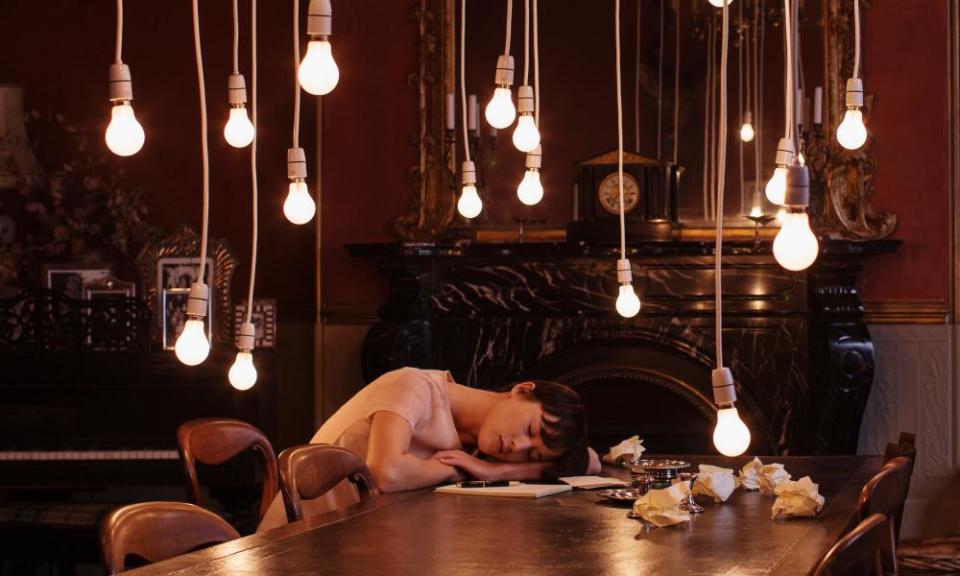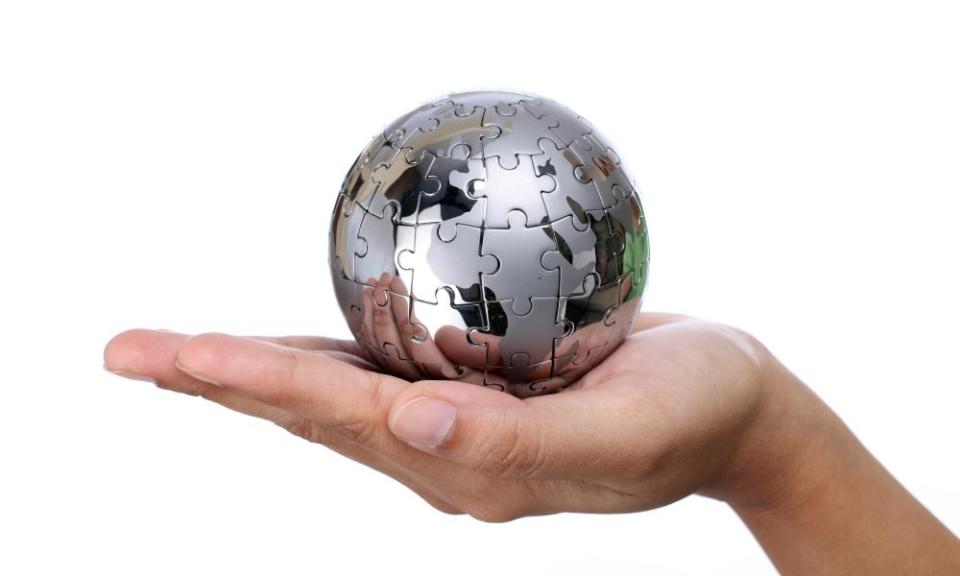You snooze, you muse: how to nap like a genius

Toxic productivity culture – that is, the nagging sense that we should all be “life-hacking” our way to health, wealth and happiness – comes with a host of well documented ill-effects.
While many of us are justifiably knackered, we are also haunted by an almost pathological fear of idleness.
Moira Junge, CEO of the Australian Sleep Health Foundation, thinks it is time we started to accept the toll modern life is taking on us. That means catching our Zs when and where we can.
“We talk a lot about sustainability, but rarely about personal sustainability,” Junge says.
When it comes to getting enough rest, she says, “I’d love for people to be all tucked up in bed by 9pm, but realistically there’s so much standing in people’s way.”
Her advice: “Clean up your night-time sleeping habits where possible.” But if you’re consistently getting less than the recommended seven to nine hours shut-eye a night, it could be worth factoring in an afternoon nap to supplement that deficit.
This is hardly a novel concept. The siesta has been a feature of societies around the world, throughout history and to this day. Great thinkers, political heavyweights and finely tuned athletes, from Einstein and Aristotle to JFK and LeBron James, have all extolled the rejuvenating virtues of an afternoon kip. It may even prevent your brain from shrinking.
We’re born to nap
According to Dr Michael Breus, an American sleep expert and author, our post-lunch languor is all but inevitable. He says humans are naturally biphasic sleepers, meaning afternoon somnolence is hardwired into us. An afternoon snooze, or at least a spell of rest, is practically a birthright.
He explains that along with a spike in melatonin production around 10.30pm to remind us to go to bed for the night, we experience the same phenomenon during the day, often between 1 and 3pm.
Succumbing to this innate call to calm, according to a wealth of research, can boost our mood, cognitive function, memory, creative thinking and physical performance.
Timing is everything
There are only two ways to avoid sleep inertia, the unshakeable grogginess we feel when roused from deep sleep: either take a short nap or a very long one. Experts agree limiting a nap to 30 minutes, or extending it to a full 90-minute sleep cycle, is key.
Naps have been studied for decades. As with all good science, our knowledge of naps is ever-evolving, but there are a few tried and true techniques.
The “caf-nap”: short for caffeine nap, Junge says a kip and an espresso can be a quick fix worked into a lunch break. It involves downing a caffeinated beverage and closing your eyes with the intention of drifting off. When the caffeine hits your brain about half an hour later, it should act as a natural alarm. This gives you 20 minutes of quality dozing but pulls you out before you slip into deep sleep. While Junge points out many employers actively discourage sleeping on the job due to safety concerns, she says if you’re not working from home there’s nothing wrong with sneaking off to your car or finding a sunny patch of grass.

The steel ball technique: If you don’t have a safe space or half an hour to spare, but are struggling to keep your eyes open or tackle a tricky task, take a leaf out of the nap book of Salvador Dali and Thomas Edison who embraced ultra-short naps to boost creative thinking. This method is sometimes known as the “steel ball technique” because it involves resting in a chair with a heavy object in your hand that will drop to the floor and startle you awake before you’re too far gone. It’s widely held that hypnagogia, that luscious semi-lucid state we slip into just before we lose consciousness entirely, is a wellspring of creativity. A recent French study also indicates that being roused from this state can boost problem solving.
A full cycle: If your overnight sleep has been particularly bad and you have time, squeezing in a full 90 minutes of sleep could help put you back on the right side of the bed. Some researchers believe it can even be counted towards your 24-hour sleep total.
Related: Don’t check the clock! 15 ways to get back to sleep when you wake at 3am
Junge says while some doctors will tell people who have trouble sleeping at night to avoid naps, in some cases napping can paradoxically help sort out disrupted circadian rhythms. “Good sleep begets good sleep,” she says.
While it’s well known we can’t repay a sleep debt accrued from a busy week by lying in on the weekend, working towards getting the recommended seven to nine hours during each 24-hour day can help limit the damage.
Cause for alarm
Sutapa Mukherjee, president of the Australasian Sleep Association, says if you are getting seven to nine hours of quality sleep overnight, you may still experience a post-lunch slump, but the urge to completely crash out should be limited. However, she says most people drastically overestimate the amount of sleep they are getting.
If you find yourself able to fall asleep and don’t wake of your own accord after one full sleep cycle of 90 minutes during the day, or regularly doze off while trying to fulfil your obligations, it’s likely you are seriously sleep deprived or may even be suffering from an acute condition such as sleep apnea, narcolepsy or hypersomnolence.
“The key thing is, how are you feeling during the day? Do you feel refreshed when you wake up and can you stay alert for your waking hours? If not, you’re probably not getting enough sleep.”
As you drift off
Much like eating enough fruits and vegetables, Junge says getting enough sleep can be challenging, but it should always be something to aspire to: “The physical and mental health benefits are just enormous.” She adds that napping refreshes the mind and body, helps us remain more engaged and also makes us less likely to reach for unhealthy foods and stimulants during the draining second shift of our day. Because naps have been shown to help us regulate our emotions, this can benefit not just us, but those around us.
While Mukherjee would prefer we prioritise our overnight sleep, she concedes circumstances may not always allow it. “I think people should nap if they haven’t got enough sleep, and most people probably aren’t.”


